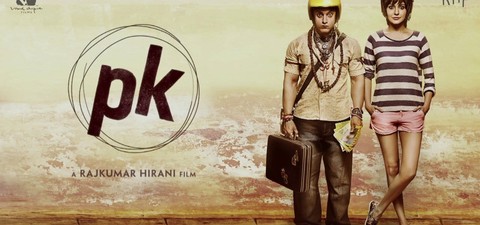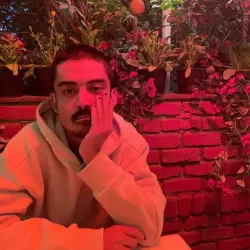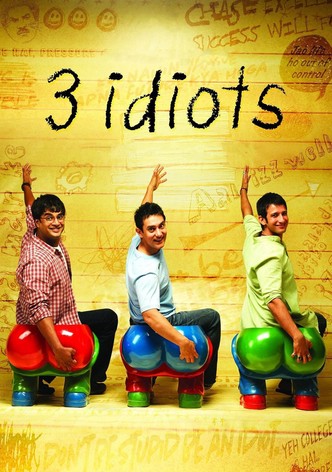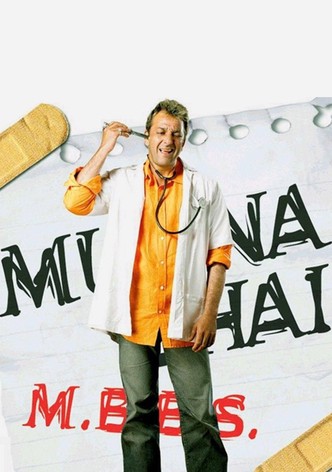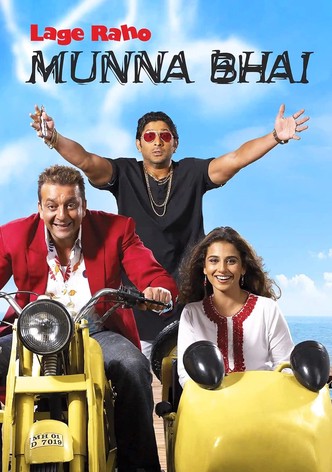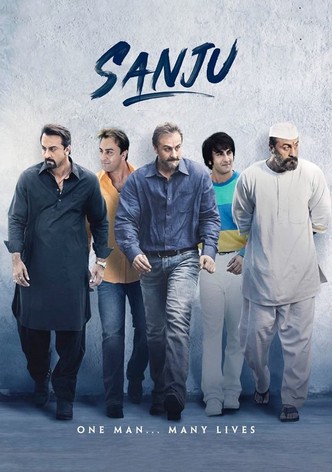From the Munnabhai series to collaborations with Aamir Khan and now an immigration-themed comedy with Shah Rukh Khan, Bollywood director Rajkumar Hirani has cemented his position in the industry as a maestro of family-friendly comedies. Beginning his career as a film editor and ad director, Hirani broke out with his debut feature Munnabhai MBBS. Ever since then, he has managed to deliver nothing but hits.
The director eyes another potential blockbuster this December, joining forces with megastar Shah Rukh Khan for the first time. Titled Dunki (a local iteration of the word “donkey”), the comedy-drama chronicles the journey of Indians who aspire to immigrate to the West but through illegal means. As is the case with the rest of his filmography, Dunki promises to deliver on all the elements that make a quintessential Rajkumar Hirani movie: a heartwarming message, clean humour with a naïve charm and a Christmas release window (much like 3 Idiots and PK).
But before Dunki, it’s worth glancing at all the major highlights of Hirani’s directorial career.
PK (2014)
PK very evidently borrows tropes from pre-existing sci-fi dramas like E.T. The Extra-Terrestrial and The Man Who Fell To Earth, in telling its story of an alien desperately searching for a radio that can beam him back home. But what sets Hirani’s sci-fi comedy apart is the emphasis on India’s multi-religious identity as the titular extraterrestrial (played to deadpan perfection by Aamir Khan) ends up questioning gods and religions in the pursuit of his radio.
When it comes to socio-political aspects of his cinema, Hirani has often played it safe for the mainstream audiences that he caters to. But PK is perhaps his boldest work, one that ended up garnering controversy even before its release. And yet, the movie deserves to be watched universally as it’s definitely no hateful attack against organised religion. Instead, it just respectfully poses questions on how religion can be maligned and misinterpreted by false prophets. From Khan’s slapstick routine as the childish alien to an emotional romantic subplot transcending national borders, PK has it all and endures as Hirani’s finest work.
3 Idiots (2009)
If there’s a Rajkumar Hirani movie that comes close to PK, it is his first collaboration with Aamir Khan. While it’s loosely inspired by Chetan Bhagat’s polarising bestseller Five Point Someone, 3 Idiots removes the raunchiness of the novel and adopts a more sanitised approach better suited for Hirani’s work. The end result is an influential commentary on the nature of engineering colleges in India, anchored by unforgettable performances from the titular idiots played by Khan, Sharman Joshi and R Madhavan. Equally unforgettable is character actor Boman Irani played the Einstein-haired authoritarian college principal nicknamed “Virus”.
What makes 3 Idiots all the more enduring is how relatable it has been for engineering students in India, especially the ones who are burdened by their families to pursue a scientific course like this. The tragic scene of a promising student’s demise is still as goosebump-inducing as it was back in the day. But then again, the movie has its fair share of laughs, thanks to the sheepish nerd “Silencer” played effortlessly by Omi Vaidya (who was previously notable only for appearing in an episode of The Office). This balance between dark and light-hearted is what makes Hirani so relevant after more than a decade since the movie was released.
Munnabhai MBBS (2003)
While 3 Idiots served as a conscious commentary on the state of Indian engineering colleges, Munnabhai MBBS was an unabashed laughter ride set within a generic medical college. Marking a full-fledged comeback for Sanjay Dutt and rebranding him as a comedic star, Munnabhai MBBS played out as an enjoyable joyride for all ages. The title alludes to a local hoodlum in Mumbai who sets out to mend his ways by pursuing a medical degree.
The comedy might lack the dramatic impact of 3 Idiots or PK but it still has its fair share of Bollywood melodrama to make viewers sympathise with an unruly hero like Dutt’s Munnabhai. An equally impressive character is Munnabhai’s loyal sidekick Circuit, played with impressive comic timing by Arshad Warsi.
Lage Raho Munnabhai (2006)
The follow-up to Munnabhai MBBS is more of a spiritual sequel as it completely strays away from its medical college premise to craft a Gandhian fantasy instead. Munnabhai is yet again introduced as a “tapori” (Mumbai slang for vagabond or rowdy) but when he seeks out to help residents of an old age home, he surprisingly gets aid from a hallucinatory vision of Indian freedom fighter and human rights champion Mahatma Gandhi.
Instead of glamorising the politics of Gandhi, Hirani stresses on the importance of simple Gandhian values like non-violence and respect for human dignity as Munnabhai inadvertently ends up inspiring others to pick up such positive habits. Still, what stops Lage Raho Munnabhai from being Hirani’s absolute best is perhaps the long runtime and the overabundance on sentimentality as Munna starts questioning his own sanity after his Gandhian experiments.
Sanju (2018)
Rajkumar Hirani’s last film before Dunki is also possibly his weakest, primarily for the treatment of its subject matter. On the surface, Sanju is a biopic on actor Sanjay Dutt (Hirani’s collaborator and close friend since the Munnabhai movies). But like many mainstream Bollywood biopics, Hirani’s movie relies heavily on creative liberties. While Dutt indeed has had a tumultuous life worthy of a film adaptation, Sanju blurs the line between fact and fiction to such a point that it might get difficult for audiences to watch without any scepticism.
Sanju covers some particularly uncomfortable moments in Dutt’s life, such as his drug addiction and eventual arrest on suspicion of terrorism and arms possession. It can still be debated if Dutt was always a squeaky-clean personality (ignoring the rowdy phase of his career) but Sanju’s excessive whitewashing of its real-life muse leaves a bittersweet taste.

